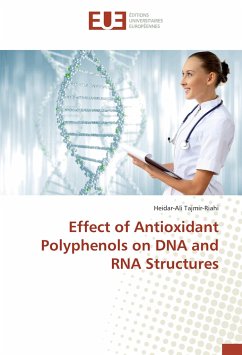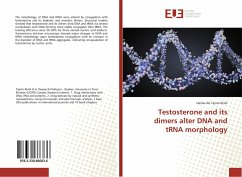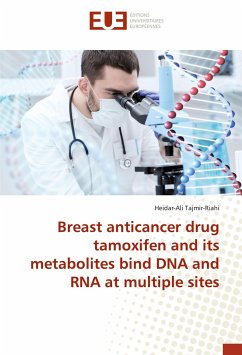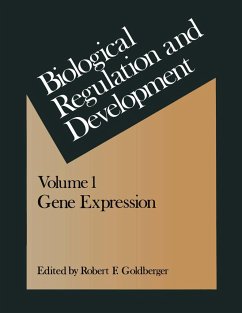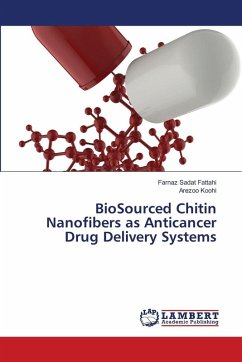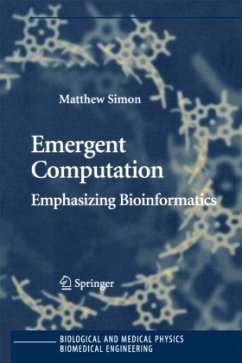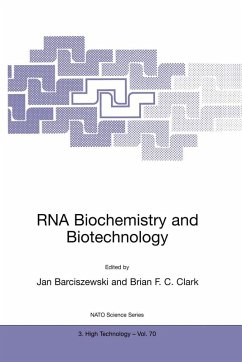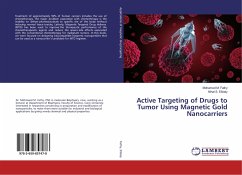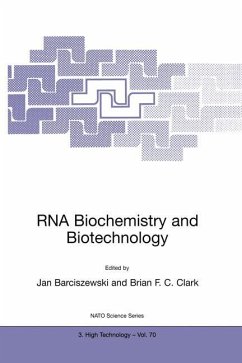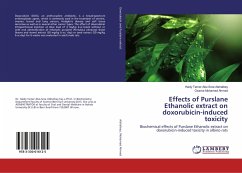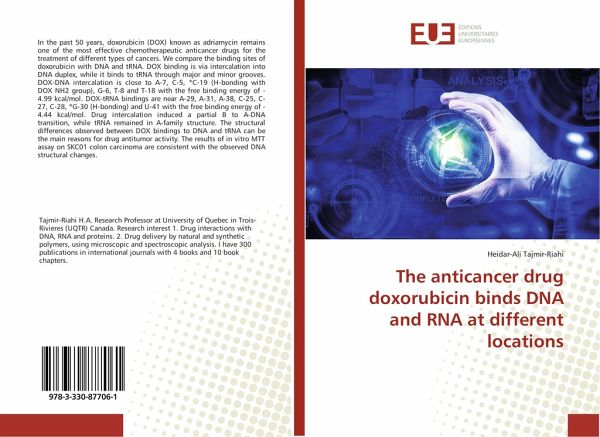
The anticancer drug doxorubicin binds DNA and RNA at different locations
Versandkostenfrei!
Versandfertig in 6-10 Tagen
22,99 €
inkl. MwSt.

PAYBACK Punkte
11 °P sammeln!
In the past 50 years, doxorubicin (DOX) known as adriamycin remains one of the most effective chemotherapeutic anticancer drugs for the treatment of different types of cancers. We compare the binding sites of doxorubicin with DNA and tRNA. DOX binding is via intercalation into DNA duplex, while it binds to tRNA through major and minor grooves. DOX-DNA intercalation is close to A-7, C-5, C-19 (H-bonding with DOX NH2 group), G-6, T-8 and T-18 with the free binding energy of -4.99 kcal/mol. DOX-tRNA bindings are near A-29, A-31, A-38, C-25, C-27, C-28, G-30 (H-bonding) and U-41 with the free bind...
In the past 50 years, doxorubicin (DOX) known as adriamycin remains one of the most effective chemotherapeutic anticancer drugs for the treatment of different types of cancers. We compare the binding sites of doxorubicin with DNA and tRNA. DOX binding is via intercalation into DNA duplex, while it binds to tRNA through major and minor grooves. DOX-DNA intercalation is close to A-7, C-5, C-19 (H-bonding with DOX NH2 group), G-6, T-8 and T-18 with the free binding energy of -4.99 kcal/mol. DOX-tRNA bindings are near A-29, A-31, A-38, C-25, C-27, C-28, G-30 (H-bonding) and U-41 with the free binding energy of -4.44 kcal/mol. Drug intercalation induced a partial B to A-DNA transition, while tRNA remained in A-family structure. The structural differences observed between DOX bindings to DNA and tRNA can be the main reasons for drug antitumor activity. The results of in vitro MTT assay on SKC01 colon carcinoma are consistent with the observed DNA structural changes.



